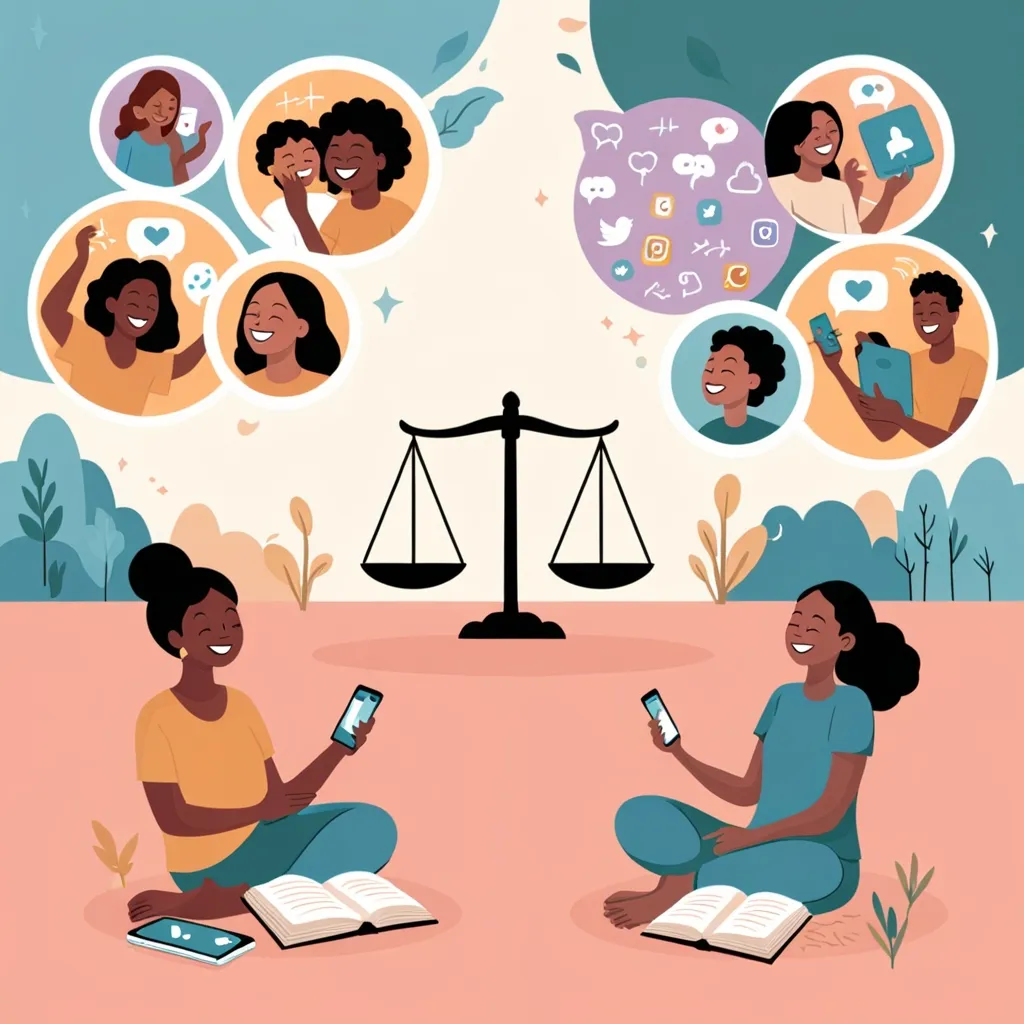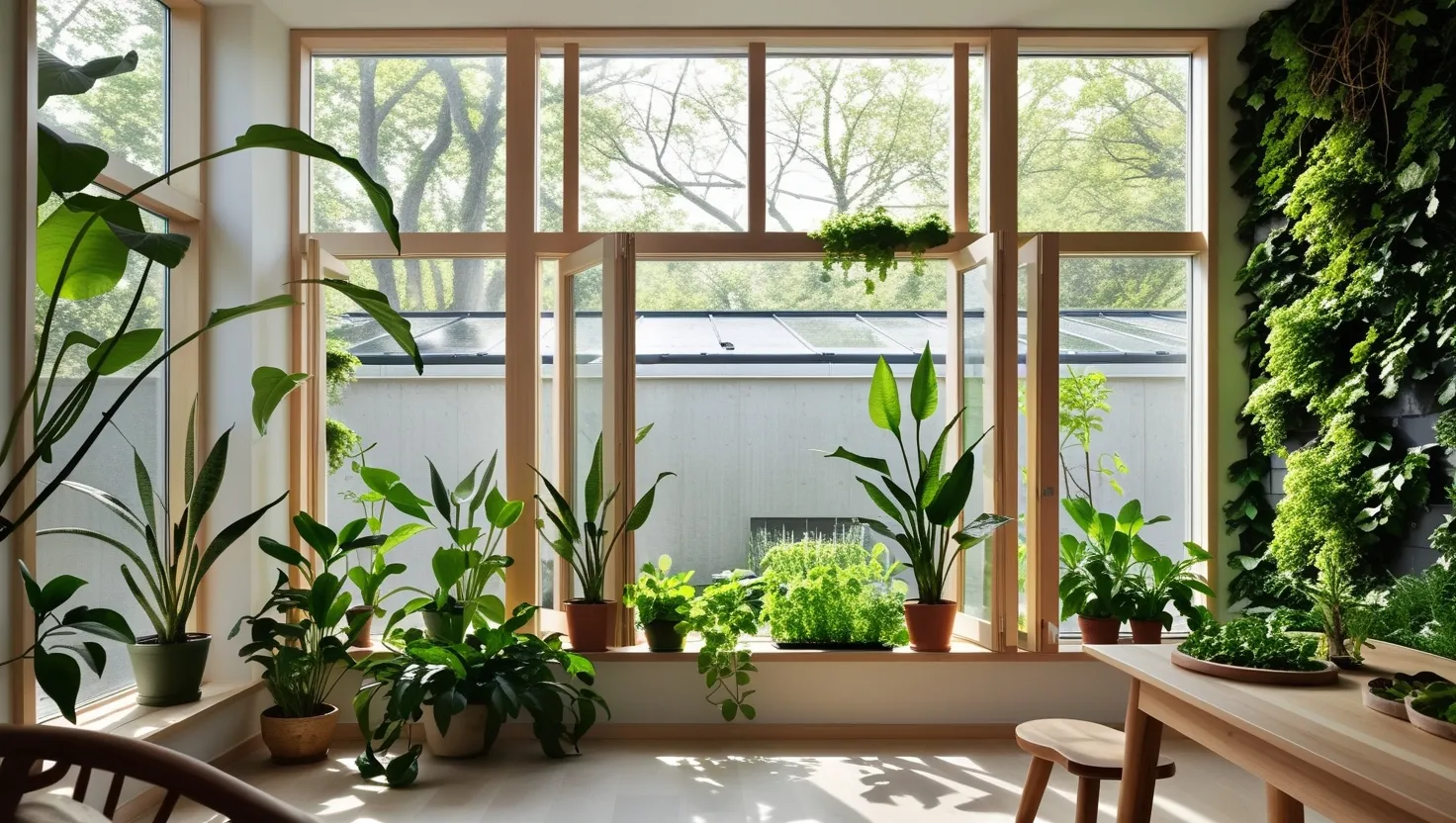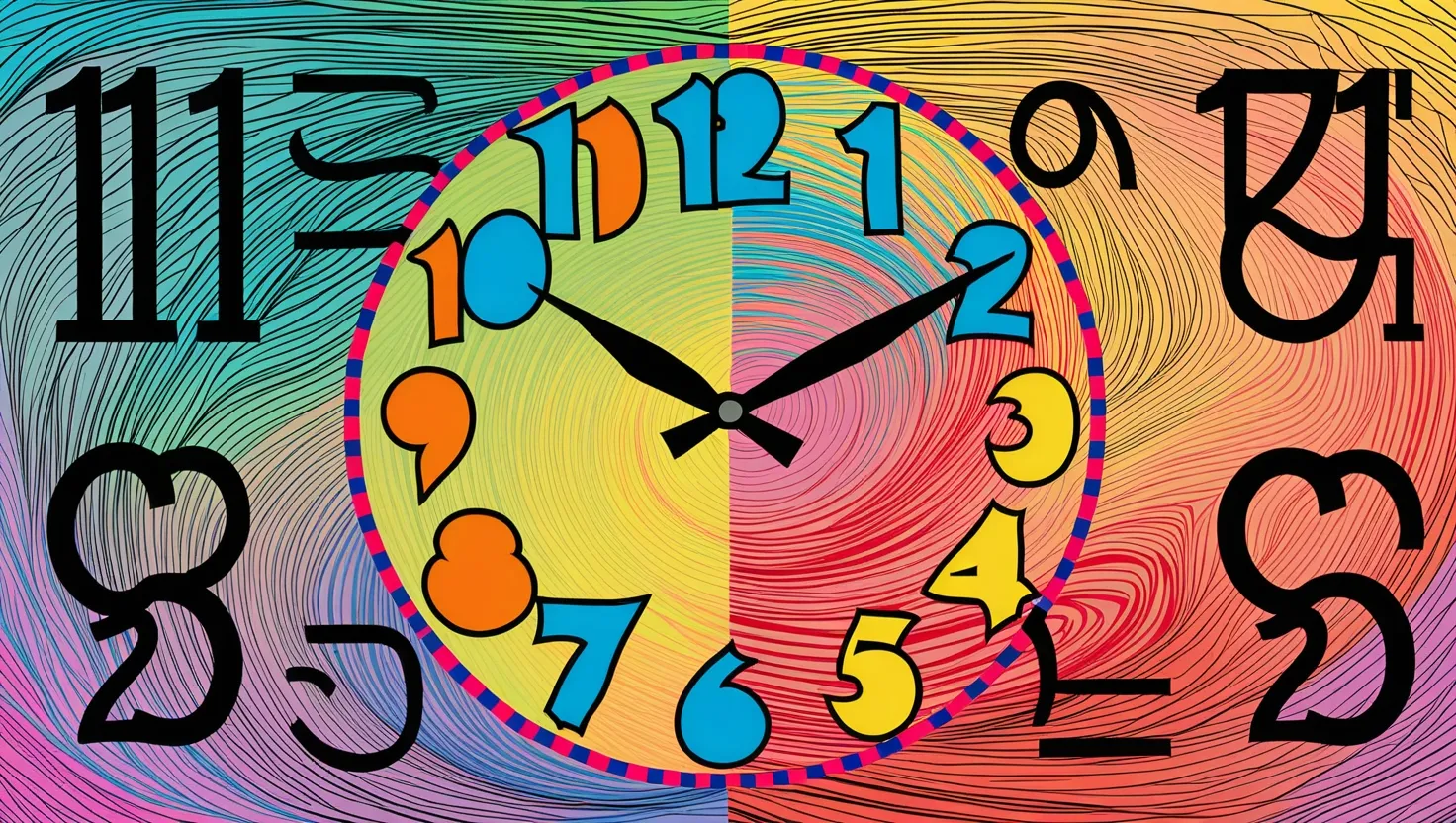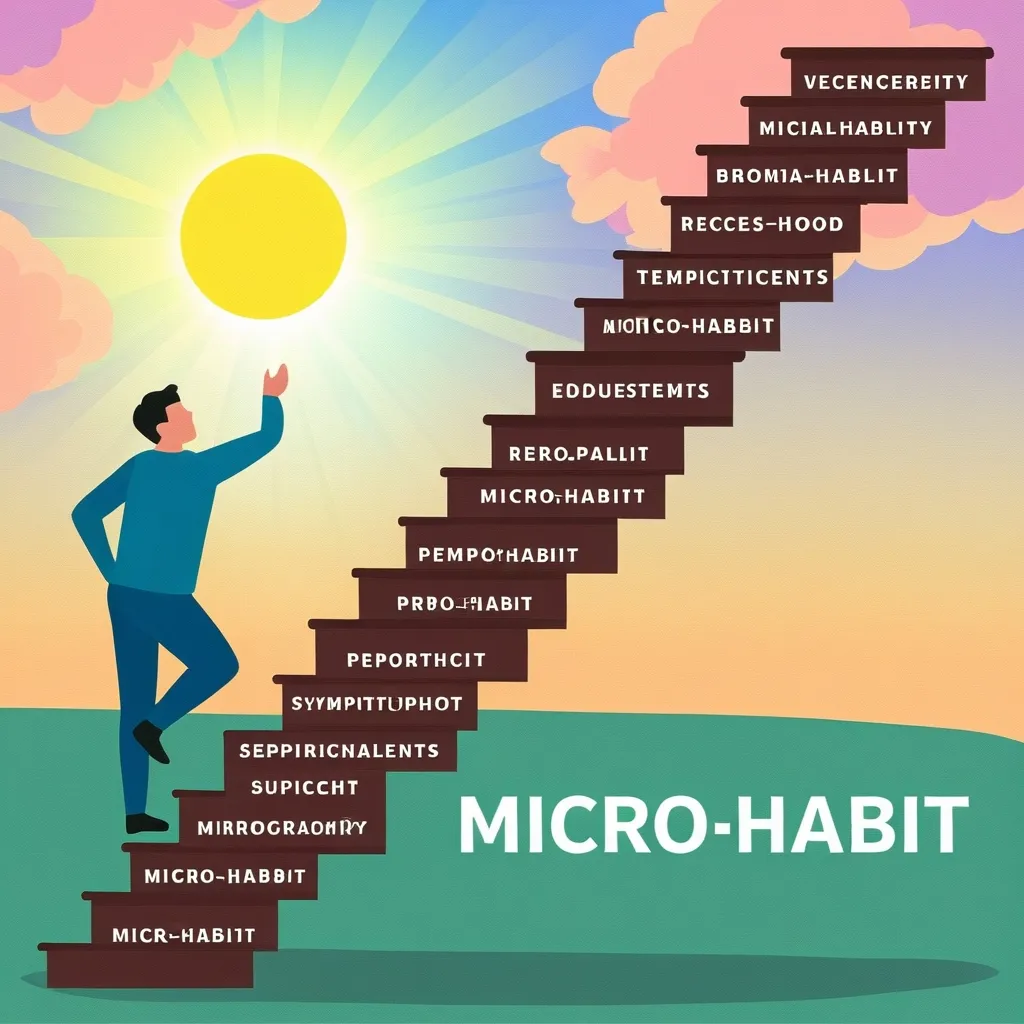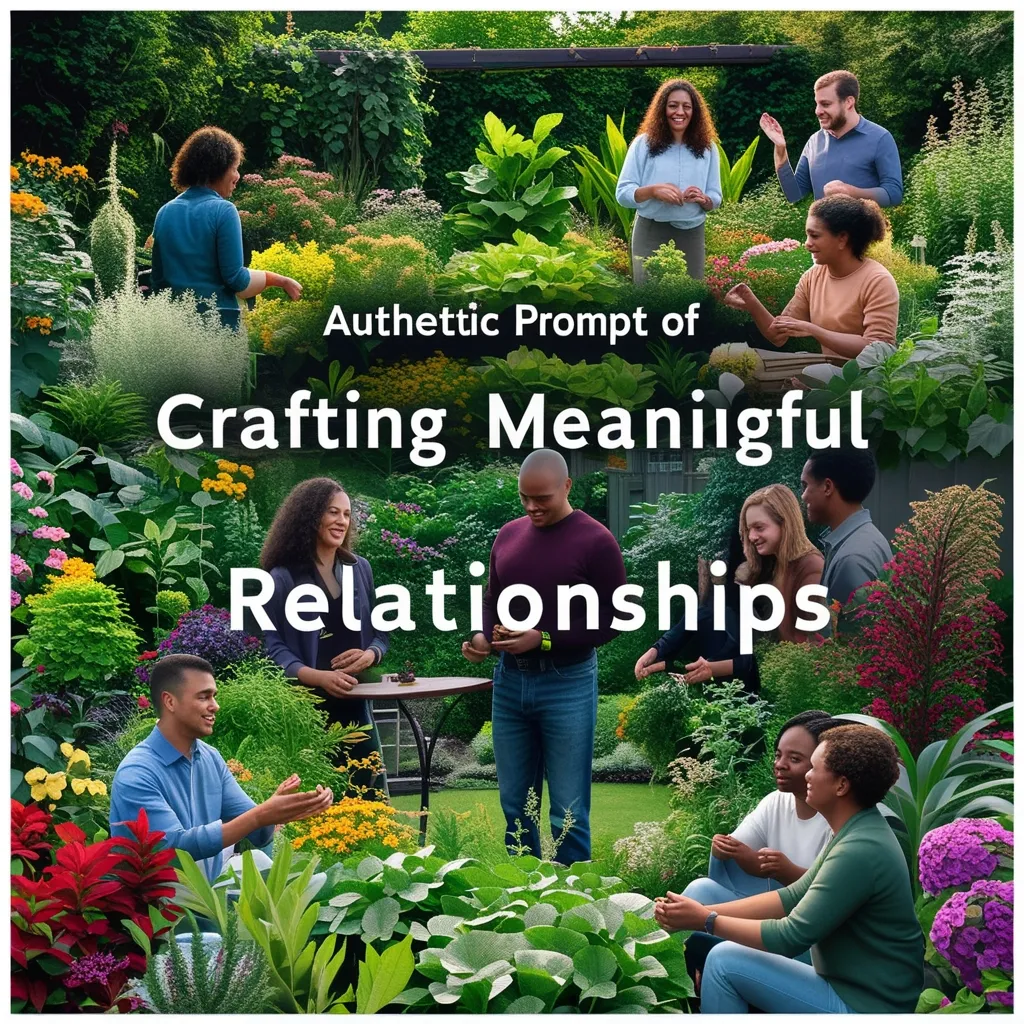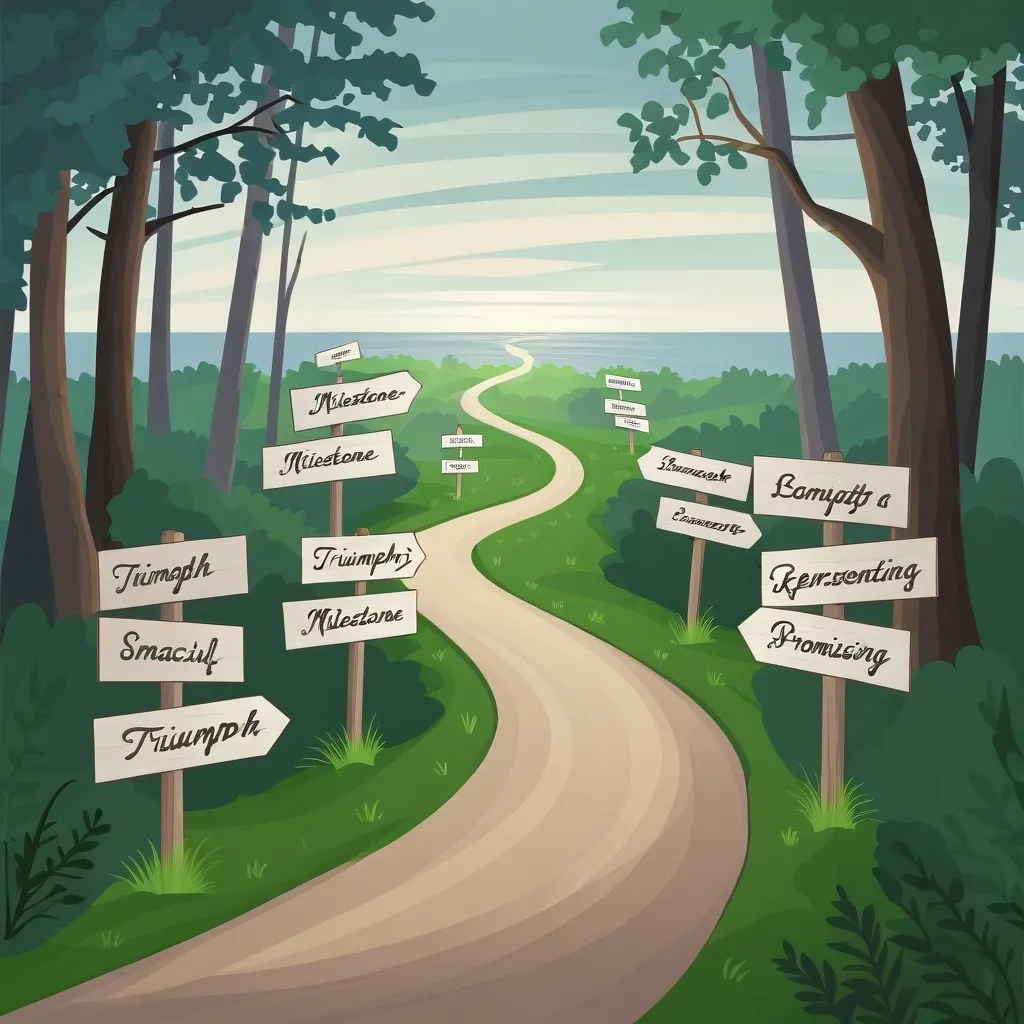In today’s digital age, social media isn’t just a hobby; it’s a lifestyle. It keeps us connected to friends and family, dishing out news, and a stage for self-expression. But, let’s face it, if we don’t use it wisely, it can mess with our mental health. So, what do we need to do? Set some boundaries and practice mindful social media habits.
Social media overload can jack up our anxiety, sink us into depression, and even mess with our self-esteem. This affects young folks the most. Notifications and endless comparisons can gnaw at you like a relentless mosquito. It’s like everyone’s showing off their highlight reels, making you wonder if you’re falling behind. Before you know it, you feel inadequate.
Setting boundaries is a game-changer. Lock down specific times when you check your accounts. Keep off the platforms right before bed or first thing in the morning. Trust me, it’ll improve your sleep and mood. Many apps now have usage limits built in—use them! It’s about building a healthy offline life too.
Curate that feed of yours. The stuff you consume matters. Unfollow accounts that trigger negative vibes or make you compare yourself. Instead, go for profiles that inspire or make you laugh. Keeping your feed positive can change your game, letting social media lift you up rather than bum you out.
Your phone pinging constantly is a fast-track to distraction and anxiety. Turn off those non-essential notifications. Customizing your notifications for each app can keep you focused and reduce the compulsive need to check your phone.
Mindless scrolling is a serious time thief. Set a timer when you dive into your feeds. Once it buzzes, close those apps and get on with your life. This practice will keep you from feeling drained and ensure social media doesn’t mess with your schedule.
Scrolling through Instagram right before bed? Bad move. The blue light delays REM sleep, keeping you up and wrecking your sleep cycle. Stop scrolling at least an hour before bed. A no-phones-in-bed rule can work wonders.
Sometimes, just unplug. Seriously. A “digital detox” day or weekend can help you reset. Disconnecting from social platforms will let you reconnect with real-life aspects and maintain a healthy online-offline balance.
When you’re scrolling, be mindful. Pay attention to what you’re feeling. If the content isn’t adding value, do a quick reevaluation. Share meaningful stuff and nurture positive interactions. Building a supportive online community can genuinely boost your mental well-being.
Gratitude can be a game-changer, especially when social media seems like a highlight reel of everyone else’s best moments. Take moments to reflect on what you’re grateful for outside of that digital bubble. It will keep you grounded.
FOMO, or Fear of Missing Out, is real. But remember, what you see online is just a snippet. Focus on your present and the real-life bonds you have. This shift can help you dodge the anxiety of feeling like you’re missing out.
If you face cyberbullying or harassment, report it and block the meanies. Your mental well-being comes first, and these platforms offer tools to help you maintain a respectful online space.
Social media is valuable but should never replace your real-world interactions. Treat it as a supplement to your social life, not a substitute. Spend time on things and people that matter beyond likes and comments.
Mindfulness in social media boils down to noticing how different platforms make you feel and fitting them seamlessly into your life. You don’t need to quit—you just need to be thoughtful. By setting your boundaries, curating your feed, and practicing mindfulness, you can enjoy social media without compromising your mental health.
In the grand scheme, social media can be an incredible tool for connection, inspiration, and staying informed. But it needs to be used mindfully. Create limits, pick what you see carefully, and dig into positive engagement to keep the balance. After all, protecting your mental health is way more significant than any number of likes or views. Use social media mindfully and ensure it’s a boon, not a bane, in your digital world.
